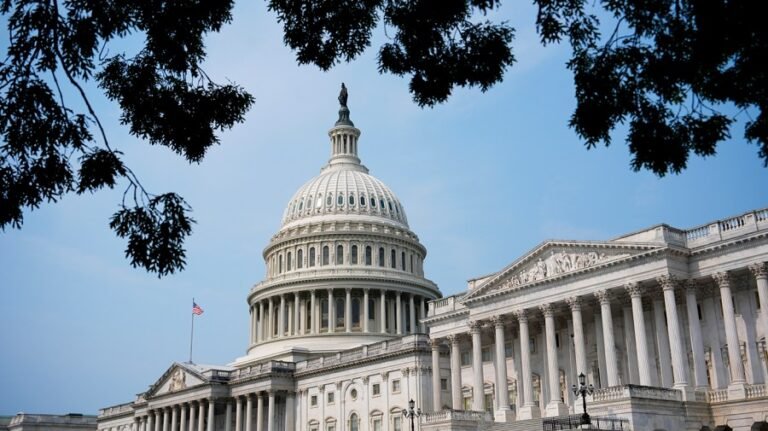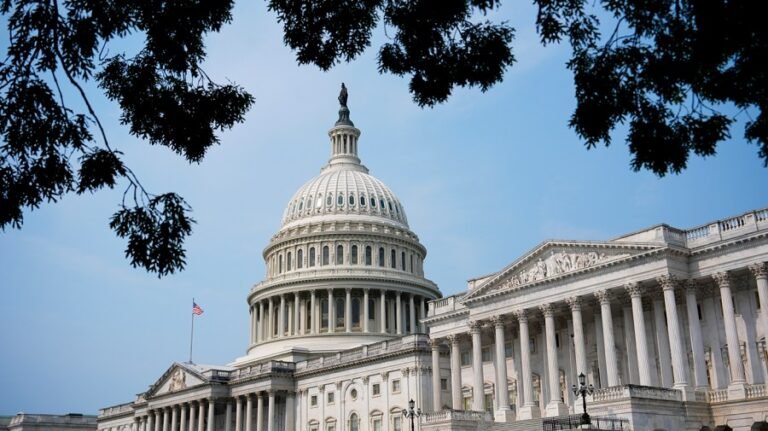
Back when I used to work for the San Diego Padres, we used to dread when the Los Angeles Dodgers came to town. Petco Park would turn into Dodger Stadium South. We liked to tell ourselves that it was Dodgers fans coming down from Los Angeles to see a real ballpark, but the reality was that quite a few of those Dodgers fans came from San Diego — particularly from the Latino community.
The Dodgers don’t just have a huge fanbase, they have a huge Latino fan base that covers all of California and beyond. And they have done a wonderful job of marketing to, collaborating with, and promoting those Latino ties.
There’s just one problem: That community is now wondering why the Dodgers seem so hellbent on not speaking up for them.
Identity politics and the Dodgers may not seem like they go hand in hand. But in this current political atmosphere, one has to be aware that any type of corporate outreach to any specific demographic does make you engaged in that identity. Going back to Fernando-mania, the Dodgers used the hype surrounding the late, great Fernando Valenzuela to attract new fans across Mexican communities. Over the past generations, the Dodgers have done everything from “Los Doyers” jerseys to Mexican themed giveaways, mariachi performers, and more.
But here’s the problem the Dodgers should have seen coming. When you specifically market to groups to sell tickets, jerseys, merchandise and to increase TV ratings, you also make yourself an ally to these groups. And if said groups end up being embroiled in politics, then you also risk being dragged into their political fight. That’s what happened when Border Patrol agents arrived at Dodger Stadium.
The Dodgers said they refused entry to Immigration and Customs Enforcement agents when they tried to access the stadium. Immigration and Customs Enforcement said they were never there — that it was actually Customs and Border Protection agents wanting to set up in the parking lot. Regardless, protesters showed up. Police arrived next. And there was a standoff that eventually dissipated before the Dodgers played the Padres that night.
However, the Dodgers had already begun to bear scrutiny not for what happened at Dodger Stadium, but for what didn’t happen on social media. Los Angeles Football Club and Angel City Football Club both put out statements supporting the local immigrant community and voicing their belief that immigrants belong in Los Angeles. Angel City went as far to distribute shirts that said “Immigrant City Football Club.” Fans looked at that and said, surely the Dodgers will say something.
Except they didn’t.
After several days of silence, a video of the national anthem being sung in Spanish, and posting about Juneteenth, the Dodgers decided to put out a carefully worded statement, pledge $1 million to immigrant families whose lives have been disrupted, and said there was more to come.
But the anger is still there, and the Dodgers have found themselves trying to save face.
All sports teams, just like other businesses, take on varying types of initiatives to reach out to different demographics. You might call it marketing, virtue signaling, corporate responsibility, social justice awareness, or “going woke.” Some teams like the Yankees stray as far away from it as possible. Some leagues like the NFL will embrace league wide initiatives. The NHL made a big push in its “Hockey is for Everyone” campaign before backing off on gay and transgender pride initiatives.
You might be cynical and say it is all a show. And you are probably right. Just like corporations changing their logos for Pride Month on LinkedIn or posting an occasional Martin Luther King meme, these teams and leagues have been able to proclaim loudly how inclusive and diverse they are. But when those groups find themselves in the political crosshairs, they expect allies to be … well, allies.
Singer Chappel Roan cultivated a devoted and loyal following, and part of that was portraying herself as an advocate for queerness. There is no doubt that she is, but the backlash was swift when she decided to “both-sides” the 2024 election — she had to clarify that she was not going to vote for Donald Trump, who has a definitive anti-gay, anti-transgender agenda.
Sometimes it goes the other way. In an effort to find new markets, you might end up alienating your core demographic. Look at the trouble Bud Light has had, and the continued struggles by Harley Davidson to expand sales to younger age groups. The lesson is the same — know your customers.
Former UN Ambassador Nikki Haley recently decided to take on businesses who take on these initiatives and decided to invoke Dolly Parton. “I always say that the best approach is the Dolly Parton approach,” Haley said. “Everybody loves Dolly Parton. No one knows what she stands for but everybody loves her.” Except Dolly has spoken out supporting Black Lives Matter, gay and transgender rights and a myriad of issues. She just does it in a genuine manner that doesn’t reek of corporate cynicism.
The Dodgers knew, going back years, that Trump and his administration wanted to carry out mass deportations. They knew he was going to select Democratic cities and target immigrant communities. And they knew of all those cities; they had to be at the top of the list. And yet, when Immigration and Customs Enforcement agents started snatching people off the street or at immigration hearings, the Dodgers decided to sit this one out … until they were forced to say something.
They might have been worried about getting on the wrong side of the Trump administration, like Harvard, Columbia, law firms, the whole state of California, and others have and worried they may have been subjected to dubious presidential penalties. Or maybe their ownership group, which recently purchased the Lakers, feels sympathetic to Trump’s immigration views.
Regardless, the Los Angeles Dodgers learned that marketing and selling to demographics makes you involved with them politically, no matter how much you want to pretend you aren’t. With the Trump administration sending Guardsmen and Marines and pledging to carry out more arrests, there will be a lot of eyes on the Dodgers. Not just for their amazing ball team, but for their actions in a community they claim to represent.
Jos Joseph, a Marine veteran who served in Iraq, is a published writer based in Anaheim, Calif. and a graduate of the Harvard Extension School and Ohio State University.


